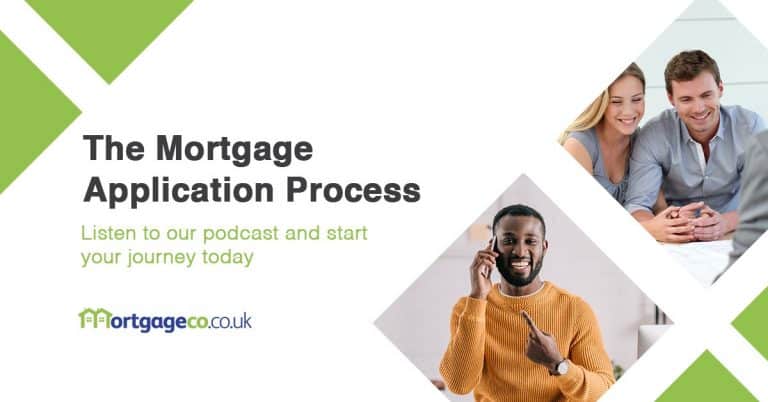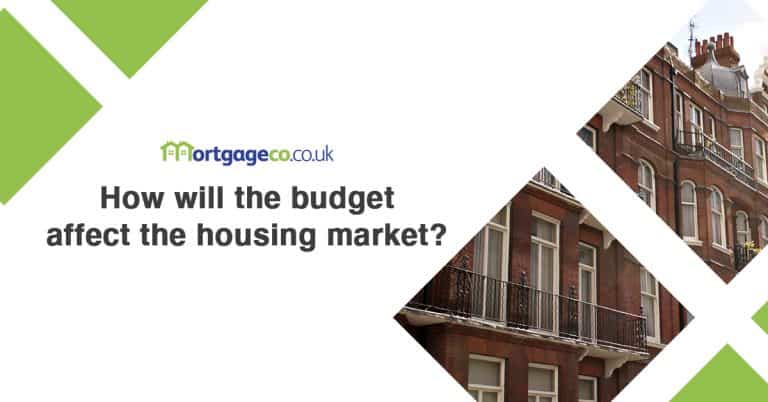Self-Employed First Time Buyer
- Free No-Obligation Consultation
- Access to Competitive Rates
- We Find the Right Lender for You!
Get in touch for a free, no-obligation chat with an adviser about how we might be able to help.
Home » Self-Employed Mortgages » Self-Employed First Time Buyer
Self-Employed First Time Buyer
Steven Hargreaves talks us through the process of getting a mortgage if you are self-employed and a First Time Buyer.
Can I get a mortgage as someone who is self-employed and a First Time Buyer?
Yes, very much so. Whether you’re employed, self-employed, a limited company director, a sole trader or in a partnership, as a First Time Buyer you can certainly get a mortgage.There can be slightly different requirements from someone who is employed. The lender just wants clarification of your income. It’s slightly different because it’s worked out on profit or drawings, whereas with an employed income it’s just based on your salary.
Is it more difficult to get a mortgage as a self-employed First Time Buyer?
No, it’s exactly the same, there are just different requirements. If we’re dealing with an employed applicant, the lender would normally ask for three payslips and take an average of any overtime, bonus or performance related pay over that three months.
With a limited company, we tend to look at the last two years’ accounts. Income would be averaged over the two years. So instead of payslips, we need your accounts or an accountant certificate, and what they call SA302s which are tax overviews and tax calculations.
It’s no more difficult. It’s just about getting your ducks in a row and gathering slightly different information from what’s needed with an employed person.
How many years do you have to be self-employed to get a mortgage as a First Time Buyer?
The majority of lenders are looking for an average over two years, but we do have lenders that consider self-employed people with one year’s accounts.
In a lot of new businesses, the first year has a lot of setting up costs. Normally the profits are not brilliant – but if your income is good enough, we’ve still got lenders that would look at doing a mortgage on one year’s accounts.
I’ve actually got one going through at the moment. That particular client had been struggling for a mortgage elsewhere. He’d gone to a couple of different lenders who all needed two years accounts, but he’s wanting to buy now. He found a property in January and is very keen on it. We’ve got it fully approved with one year’s accounts.
How much can I borrow for a mortgage if I’m a self-employed First Time Buyer?
There’s a few ways of being self-employed. You can be a sole trader, where you’re on your own. Often a bricklayer, joiner or a tradesperson will be a self-employed sole trader.
You could also have a partnership where there’s two of you going into business, 50-50. You could also be a limited company director. The category you fall into will affect how much you can borrow.
This is where it does get slightly more tricky. Self-employed people can start looking into it, knowing what they earn each month, but that’s not necessarily the same figure that a lender will use.
For a sole trader they tend to use the net profit. Imagine you and I were doing the same job for the same employer, but you were employed and I was self-employed. We both earn £30,000. A lender would multiply your income by five – as an example – so you could borrow £150,000.
For me as a sole trader, they work off my net profit. If that is only £20,000 after tax and expenses, I could only borrow £100,000.
With a limited company it’s different again, because you would have a basic salary plus dividends. We could look at those as your income, or we could look at the profit of the company. Some lenders use the gross profit, some use net profit. This is why we get a lot of First Time Buyers contacting us, not knowing where to start.
How is a mortgage calculated for a self-employed First Time Buyer in the UK?
It’s exactly the same as for the employed. There’s no difference at all. It’s just about the income figure: the net profit or dividends and salary rather than an employed income.
If I’m working with a limited company director I ask for a copy of their accounts, their tax year overviews and tax calculations – those are all the breakdowns we need. In some cases people need to speak to their accountant or go on the inland revenue gateway system to get that information.
This is where a mortgage broker comes into their own. There are huge differences between what one bank will lend and what another will lend.
Speak To An Expert
Our team of experts are experienced in catering for a range of clients, needs and property types. With a vast array of qualifications and accreditation from the financial accreditation agency you can be confident of quality service and sound advice.
Have you got an example of the difference between banks?
A few years ago I had a particular client who had always stayed with the same bank. He was a limited company director but took minimal income and dividends because he didn’t have many outgoings. But the business was very profitable.
He was looking at a large mortgage, in excess of £600,000, and his bank based the borrowing on how much he was taking each month. He could only borrow about £150,000. Meanwhile, another lender looked at the profitability of the company. They said he could borrow well in excess of £600,000. So that’s where a mortgage broker comes into their own – knowing how different lenders work.
What documents do I need to apply for a self-employed First Time Buyer mortgage?
If you’re a sole trader we would want your last two years’ accounts. For a limited company director we need the last two years’ accounts, tax overviews and tax calculations. That’s the start, really. We can get into it and find out whether you take minimum income, maximum income and whether there’s profitability in the company.
A lot depends on your status as a limited company, partnership or a sole trader.
What if I have bad credit as a self-employed First Time Buyer?
It’s the same as for anyone else in that situation. It would depend what the bad credit is. Is it just a late or missed payment? Is it a County Court Judgement, a High Court Judgement? When did it happen?
Whether you’re self-employed or employed has no bearing whatsoever on bad credit. We will talk to the lenders and see what we can do for you.
How do lenders calculate my income as a self-employed First Time Buyer?
With a sole trader it would be the net profit. Lenders would use the same income multipliers they have for an employed person – whether it be four, 4.5, five or in some cases, 5.5.
With a limited company director it is based either on their share of the profits after tax plus dividends, or the share of profits before tax plus dividends. Lenders will use the same income multipliers as for an employed person.
How can I improve my chances of getting a mortgage as a self-employed First Time Buyer?
This is a question I get asked quite a lot. Start by contacting your accountant and getting all the documents to hand.
A lot of people don’t put their accounts in particularly early. You might have had your year end on 31 March last year, and you haven’t put your books in yet. That’s quite common, to be honest. But if you are more than eight months out of date we need those figures. Get them up to date. Work with your accountant so we’re looking at the latest numbers.
How do I apply for a mortgage as someone who is self-employed and a First Time Buyer?
There’s a huge difference between one lender and the next in how much they will lend. I gave you the example of the First Time Buyer with just one year’s accounts. He’d been to two lenders – he had his current account with one and his savings with the other. Both lenders were unable to lend, full stop.
He found a property at just under £200,000 and had put a 10% deposit down. He needed a £180,000 mortgage. Those lenders would not lend anything at all, while another lender would give him £180,000.
I definitely recommend speaking to someone quite early in your journey. Don’t wait until you’ve found a property. Get your ducks in order with your accountant if you use one, or with HMRC if not. Get ready all the documents required, and we’ll do the rest.
YOUR HOME MAY BE REPOSSESSED IF YOU DO NOT KEEP UP WITH YOUR MORTGAGE REPAYMENTS
Useful Links
- Self-Employed Mortgages
- Limited Company Director Mortgages
- Self-Employed Mortgages One Years' Accounts
- Buy to Let Self-Employed
- Documents Needed for a Self-Employed Mortgage
- Joint Mortgage One Applicant Self-Employed
- What Income do Mortgage Companies look at Self-Employed
- Are Self-Cert Mortgages Still Available
Why MortgageCo?
- Raising The standards of financial advice
- Making financial advice accessible to all
- Trusted & stress-free financial advice
- Friendly, personable advisors











